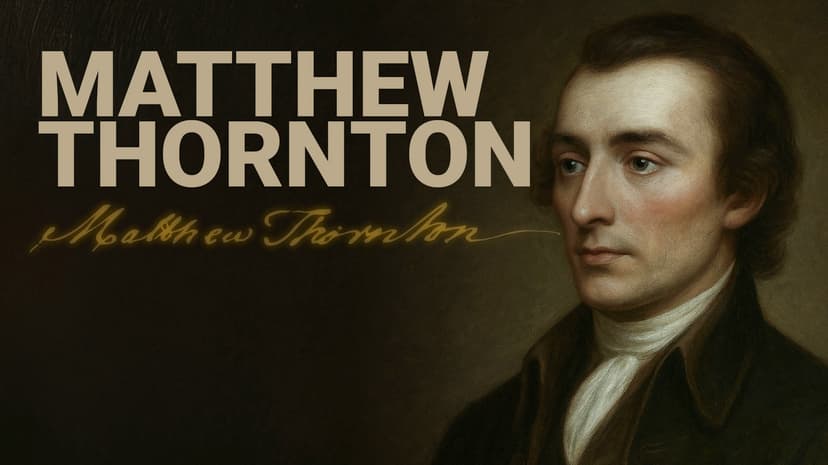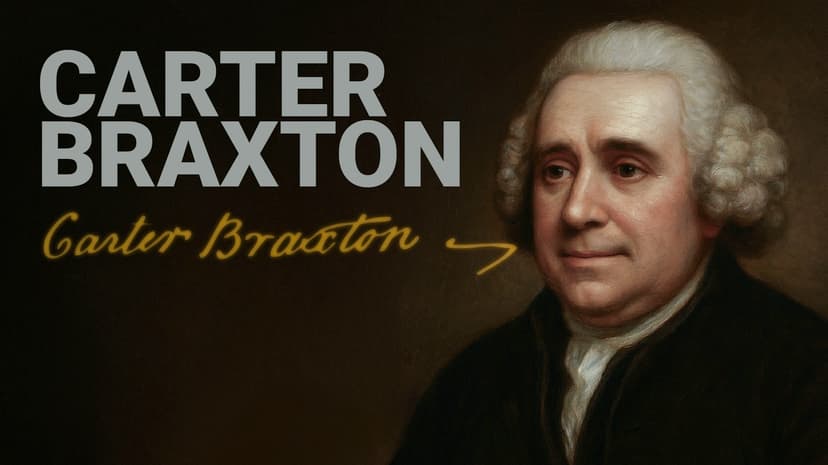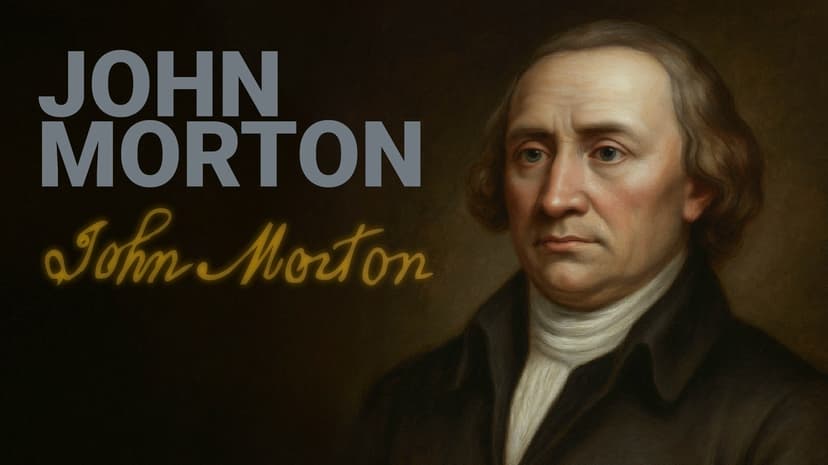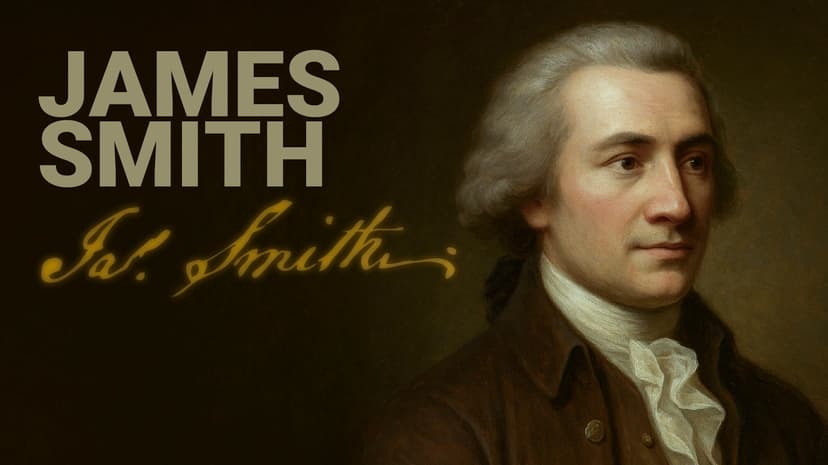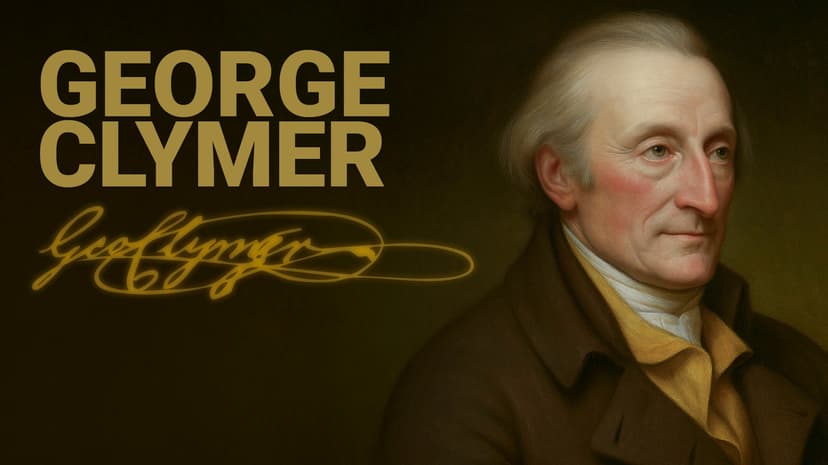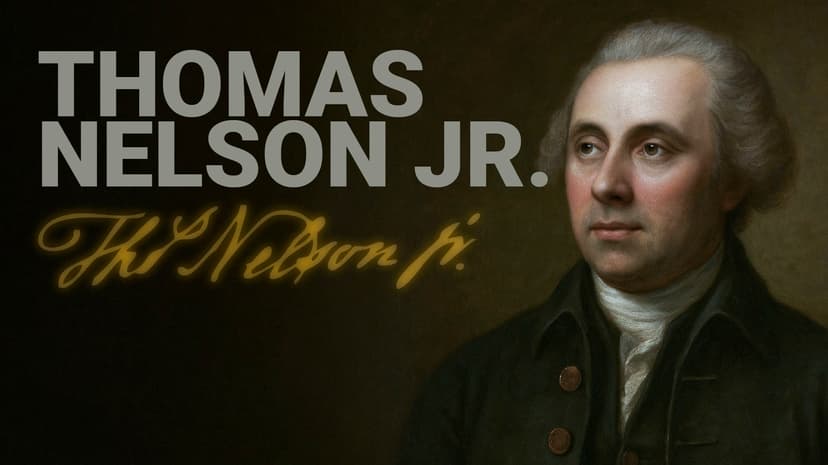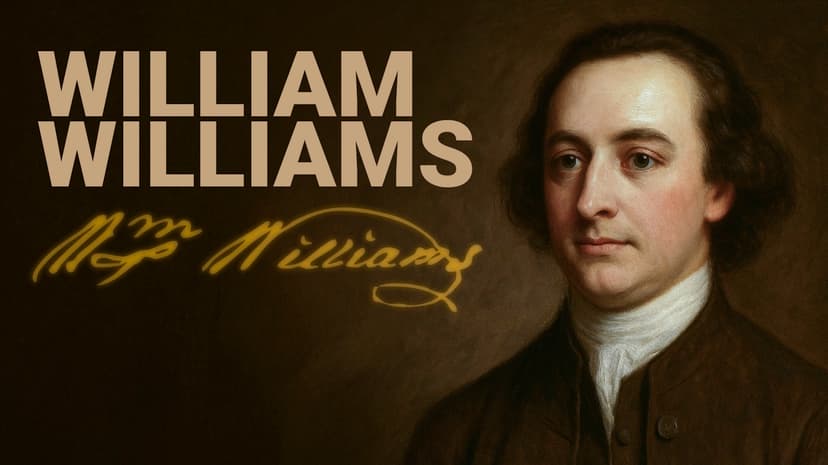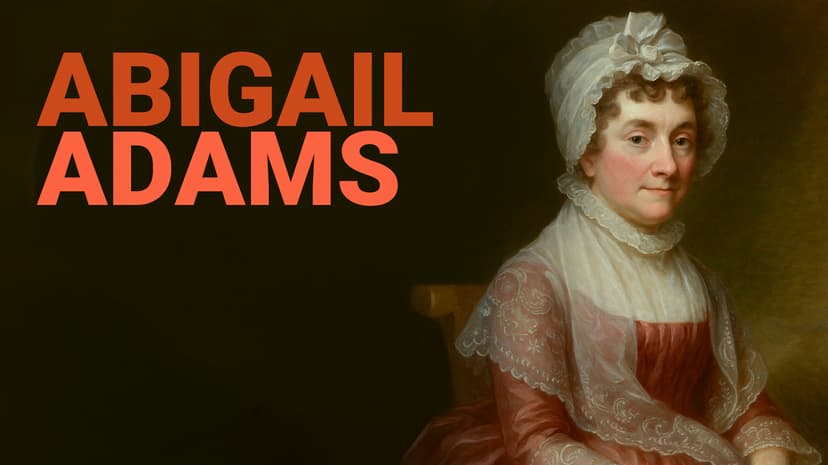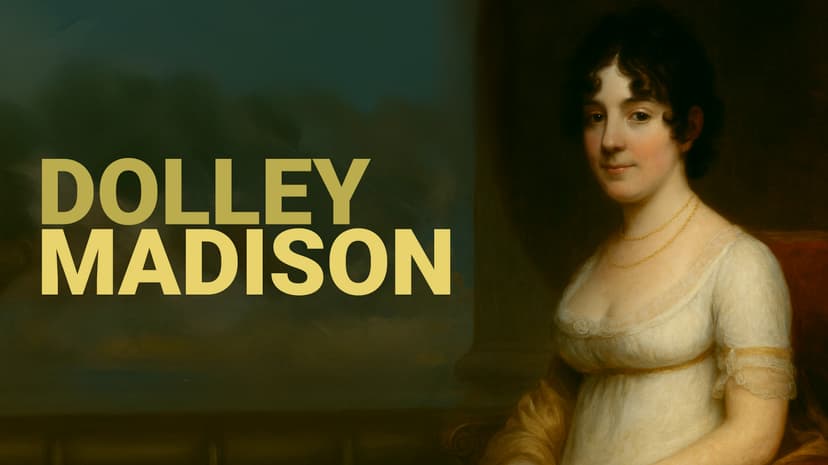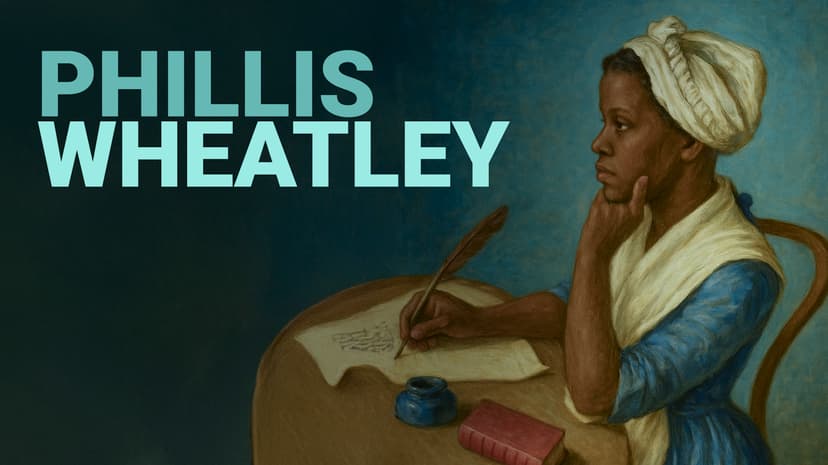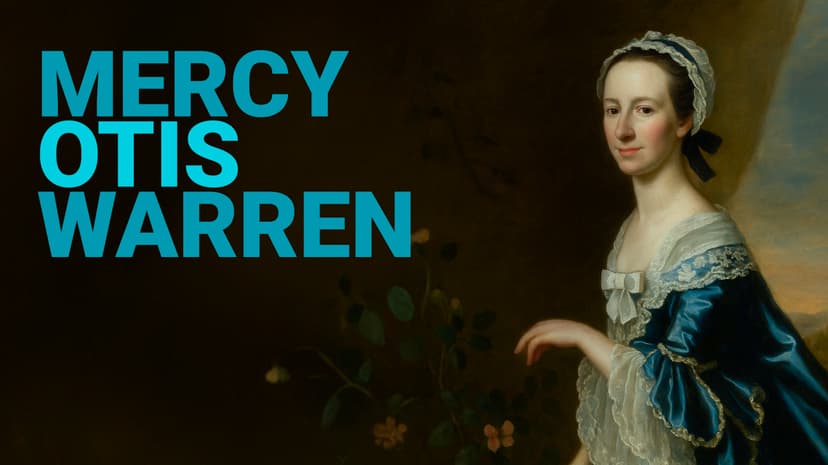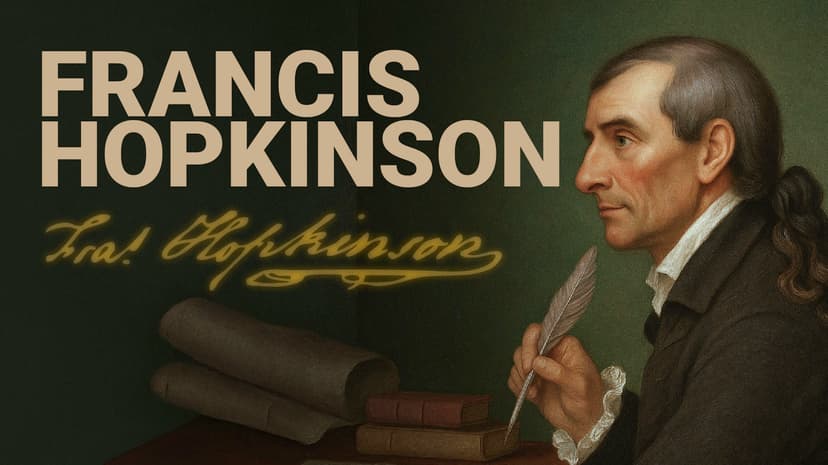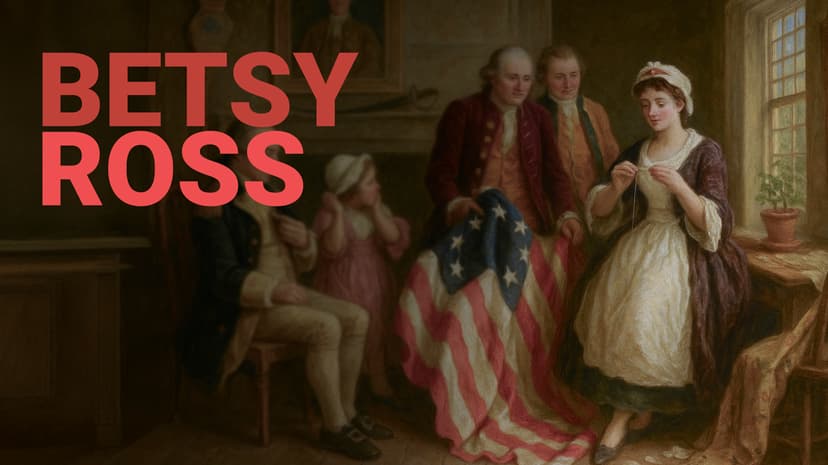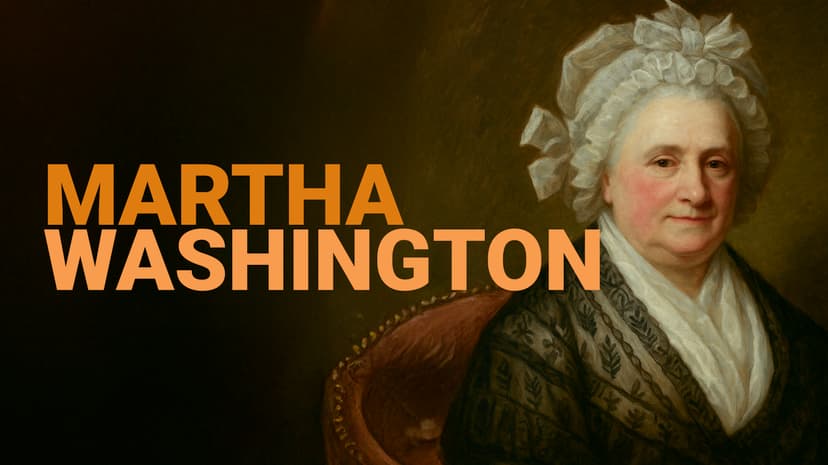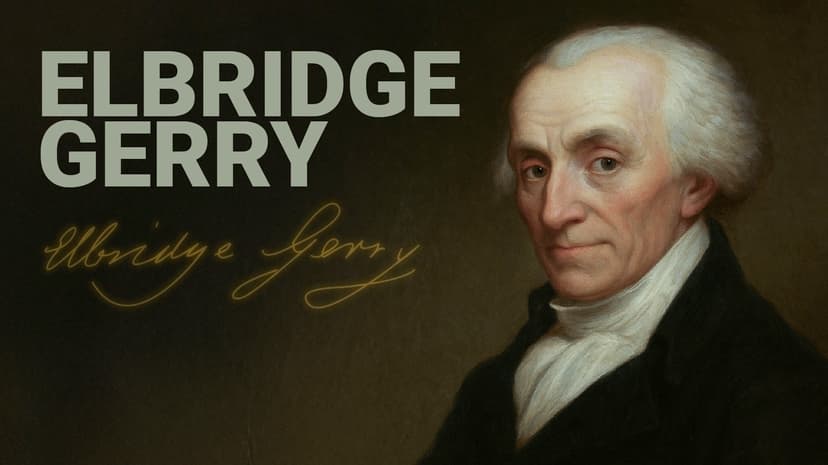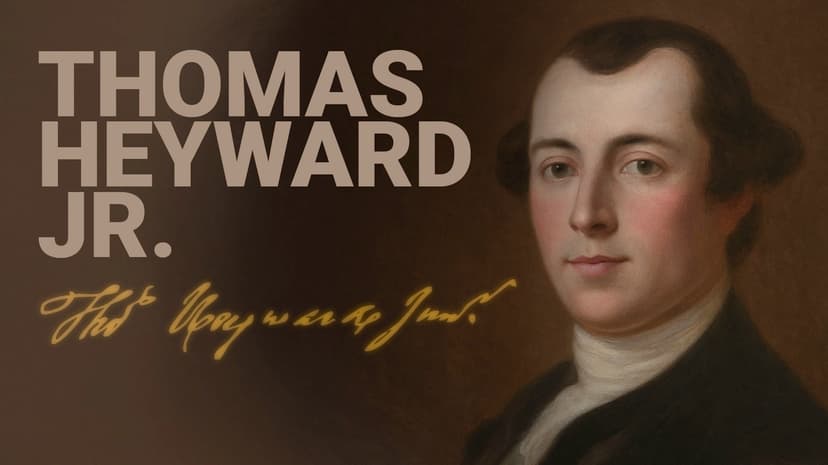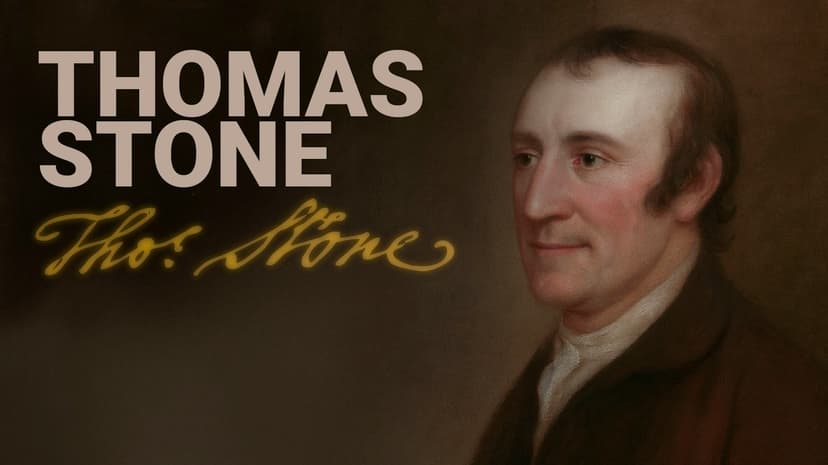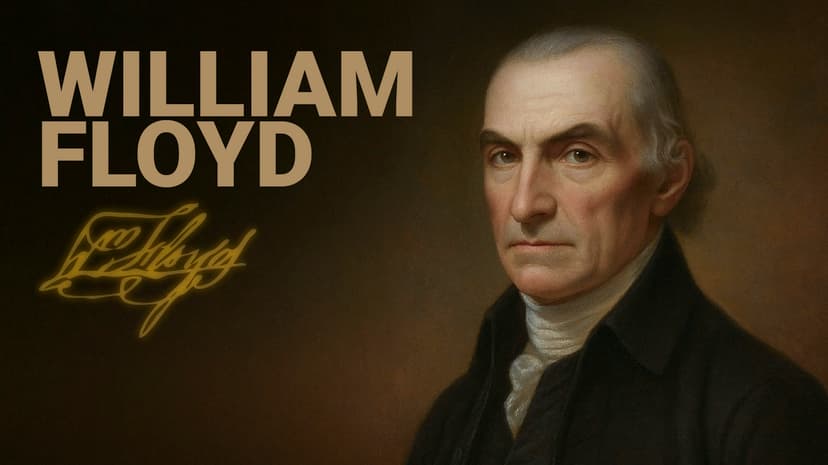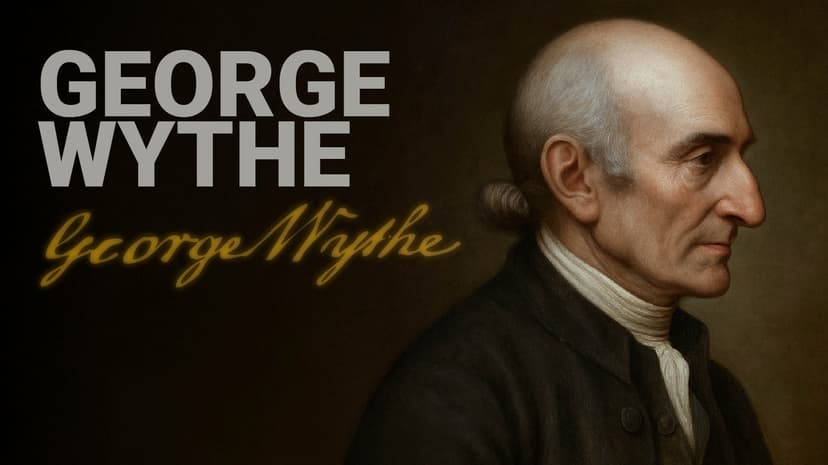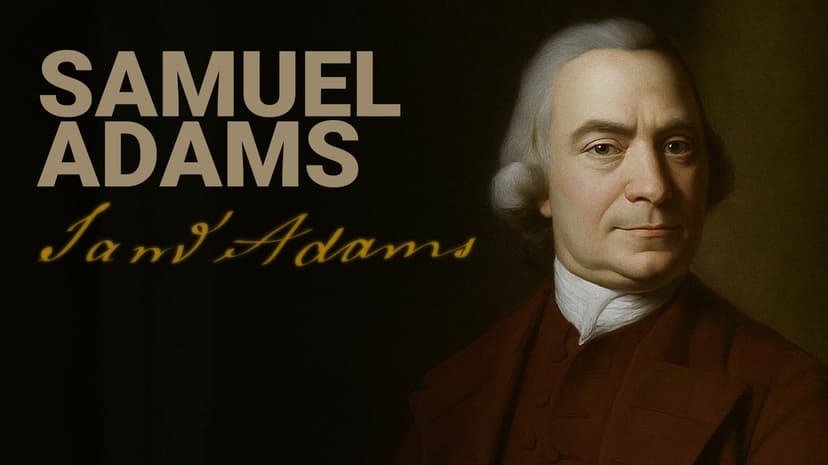Did this video impact you? Help us impact others!
Road to Liberty: Benjamin Franklin
Jun 12, 2025
·Benjamin Franklin—printer, writer, inventor, diplomat, and Founding Father—was the most widely recognized American on the world stage at the birth of the United States. His wisdom and dedication to liberty helped shape the foundations of American democracy. Born on January 17, 1706, in Boston, Massachusetts, Franklin was the fifteenth of seventeen children. At 12, he apprenticed in his brother’s printing shop. At 17, he moved to Philadelphia, where he launched a successful printing business and published the widely read Poor Richard’s Almanack.
A self-taught scientist, Franklin gained international fame for his inventions, including the lightning rod, bifocal glasses, the Franklin stove, a musical instrument, and his kite-and-key experiment, which demonstrated that lightning is a form of electricity. Franklin also helped build American civic life. He helped found the first public lending library, created the first volunteer fire department, helped establish the University of Pennsylvania, and supported the chartering of the first public hospital.
At 70, Franklin was the oldest delegate to the Second Continental Congress and served on the Committee of Five that drafted the Declaration of Independence. Soon after its signing, he sailed to France, where he played a crucial role in securing French support for American independence.
In 1787, Franklin served as a delegate to the Constitutional Convention at age 81, becoming one of only six men to sign both the Declaration of Independence and the U.S. Constitution. At the Convention’s close, when asked what kind of government had been created, he replied, “A republic, madam—if you can keep it.”
Franklin died on April 17, 1790, at the age of 84. More than 20,000 people attended his funeral in Philadelphia.
